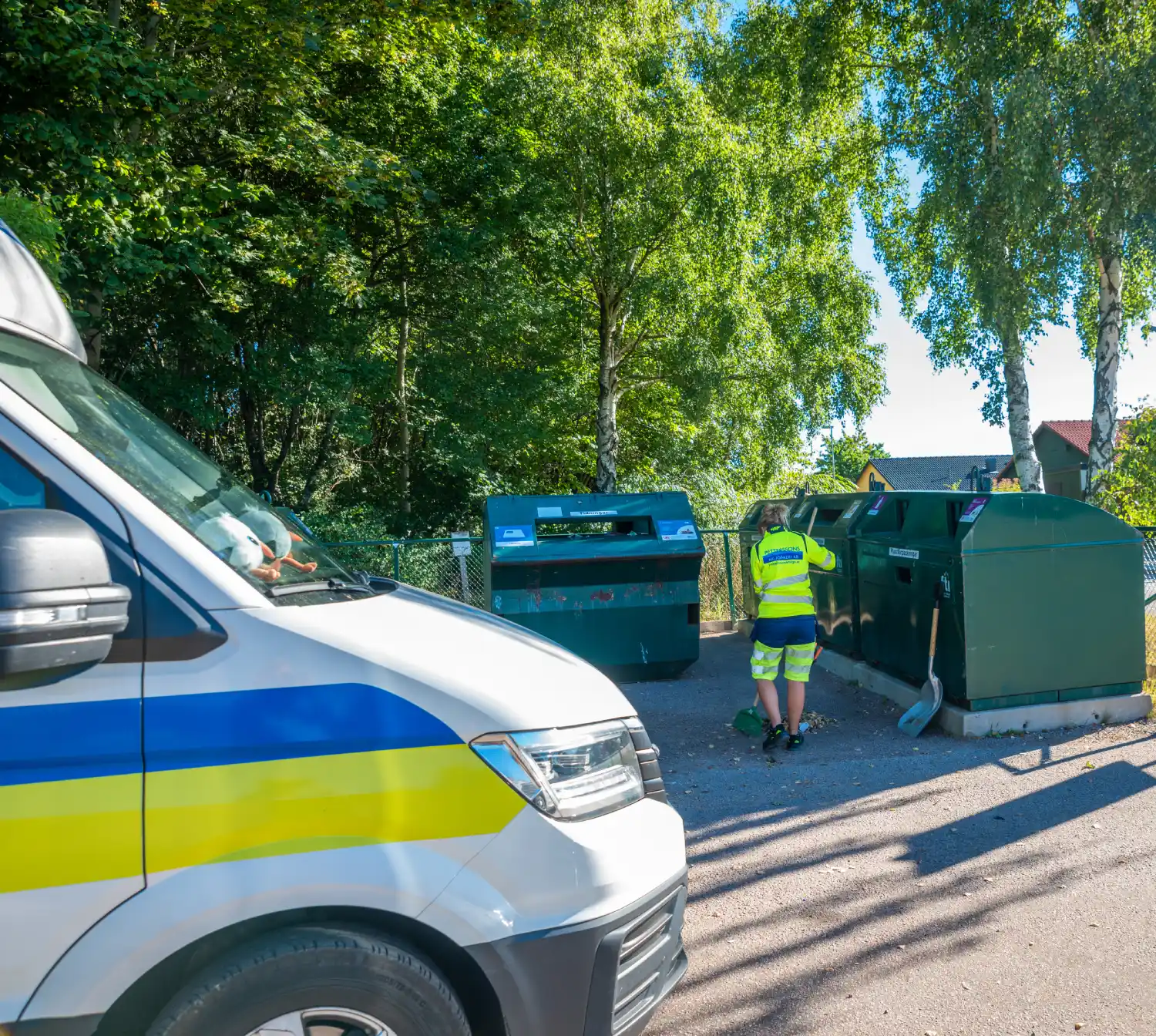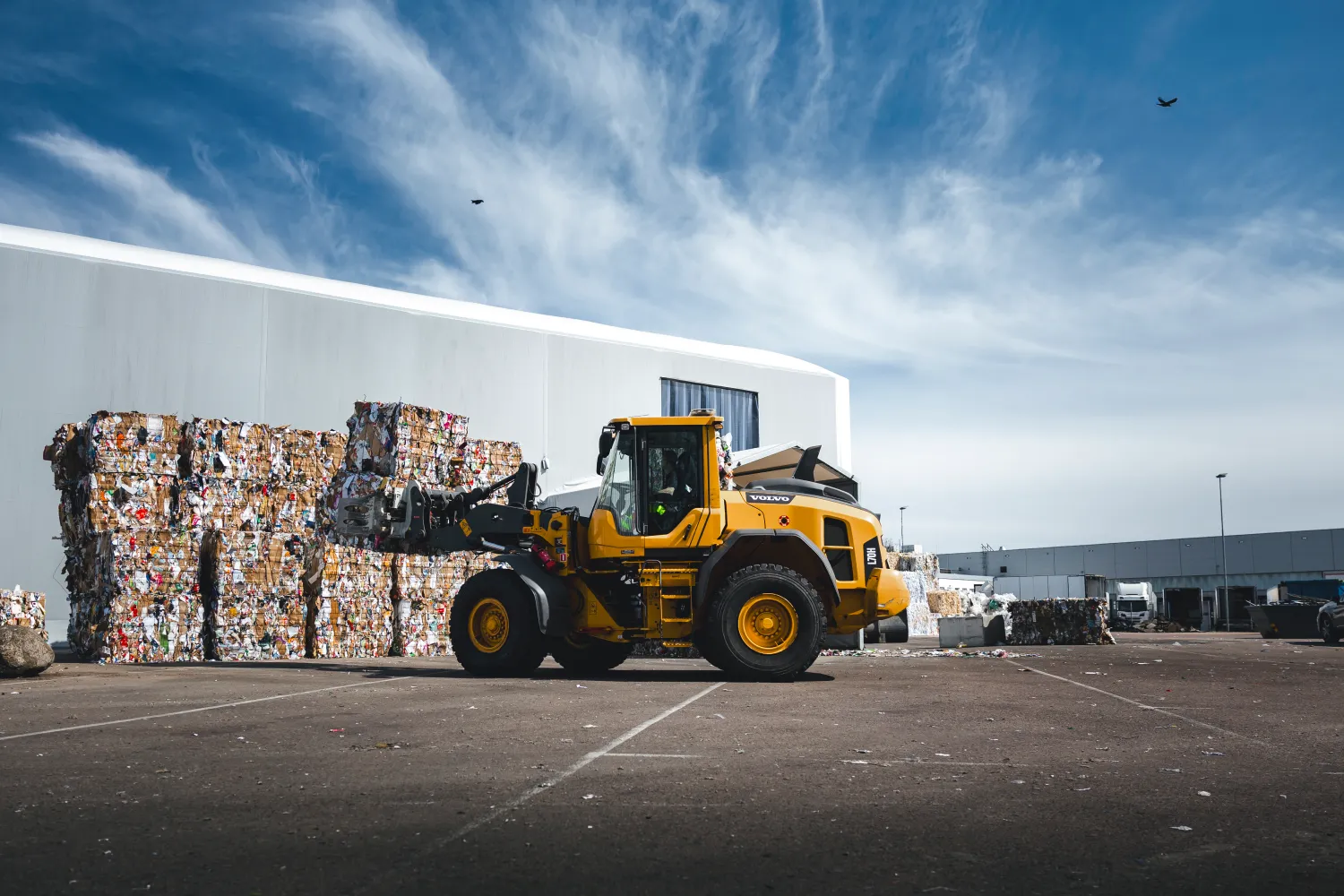Achieving Sustainability Goals Through Efficient Recycling Operations
Achieving Sustainability Goals Through Efficient Recycling Operations
Blog Article
Sustainability has ver quickly become an international priority, and recycling represents a essential role in lowering environmental impact. Many businesses are now setting formidable sustainability targets, with effective recycling programs emerging as a key strategy. But how precisely may firms achieve these targets through better recycling operations? By leveraging effectiveness, data-driven strategies, and community engagement, Recycling (Återvinning) can drive sustainable change.
Recycling By the Numbers
Did you realize that internationally, 2.01 billion a lot of waste are made annually? Alarmingly, no more than 19% of this spend is recycled. Improving that figure is crucial, as landfills considerably donate to greenhouse fuel emissions, sales for around 14% of global methane emissions. Recycling not only decreases landfill dependence but also preserves power, with components like metal consuming 95% less power when recycled in comparison to main production.

The Role of Efficient Recycling Procedures
Efficiency may be the backbone of effective recycling operations. Without correct spend organizing and healing operations, the recycling string can eliminate both material possible and cost-effectiveness. Like, contamination in recycling bins remains an important problem, with rates averaging at 25% in some areas. These inefficiencies spotlight the requirement to improve operations for optimal outcomes.
Revolutionary systems like AI-driven waste working techniques have grown to be game-changers in this field. By improving selecting accuracy and handling speeds, these technical breakthroughs reduce contamination and increase recycling yields. Additionally, employing smarter logistics in recycling services may cut transportation emissions and improve substance healing costs by almost 30%.
Placing and Conference Recycling Objectives
Placing feasible recycling targets is essential for long-term sustainability success. Sweden, for example, has changed into a head in spend management, recycling about 99% of household waste. That achievement reflects its stringent policies, extensive infrastructure, and community education efforts. Places and organizations equally may have a site from Sweden's book by adopting distinct objectives and aiming them with measurable KPIs.

One successful strategy is interesting neighborhoods and personnel through recycling education. For example, companies have experienced waste diversion prices raise by up to 20% simply by providing instruction on what can and can't be recycled.
A Sustainable Future Starts Now
Effective recycling procedures tend to be more than just a checkbox for sustainability goals. They're a vital software for lowering waste, preserving power, and addressing environment change. By adopting advanced systems, marketing knowledge, and tailoring recycling objectives, organizations and communities can revolutionize their environmental impact. Report this page